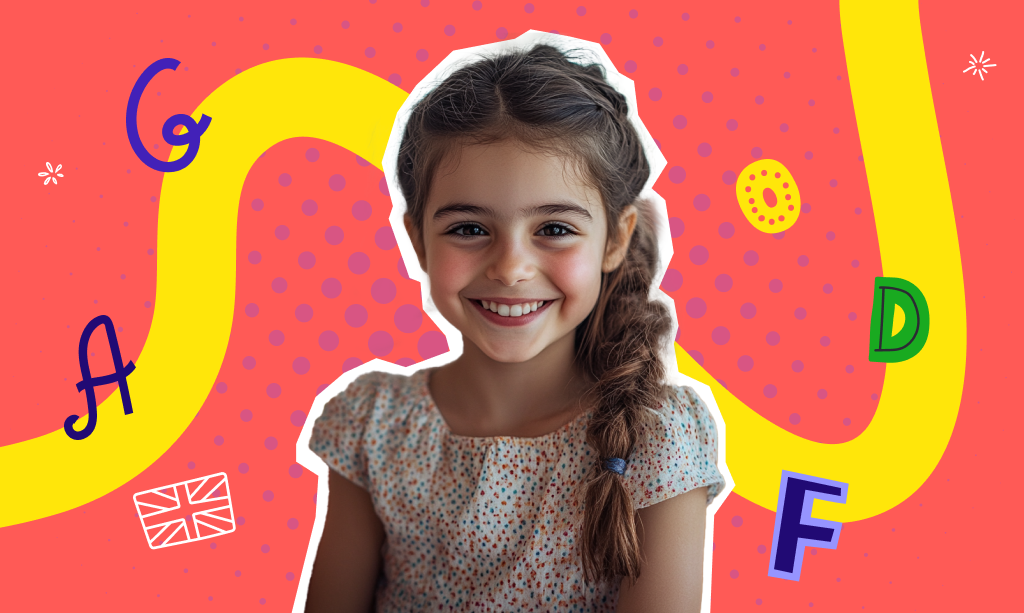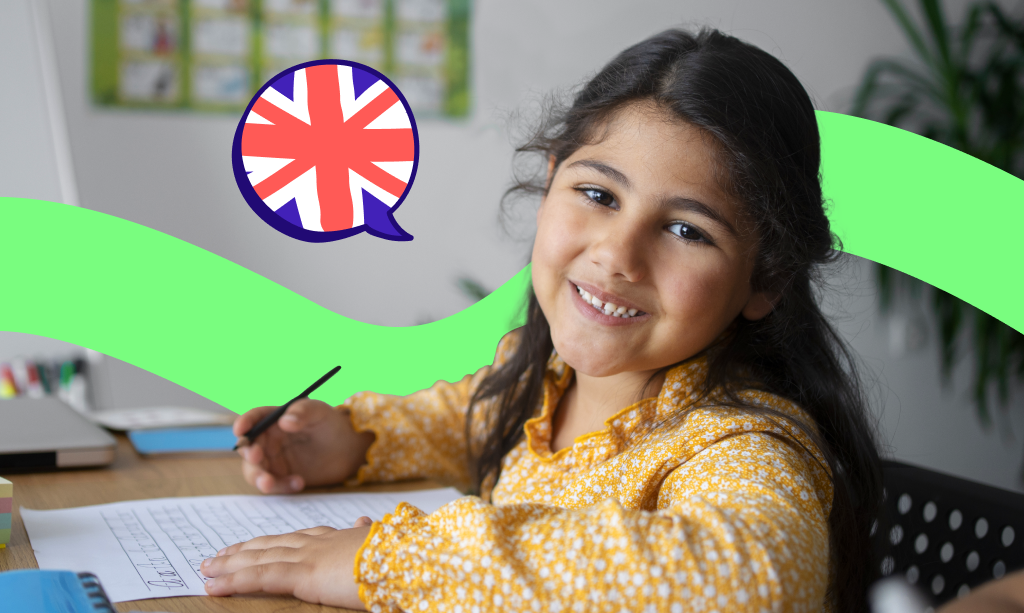- Basic Polite Expressions
- Asking for Help or Clarification
- Phrases for Social Interactions
- Problem Solving and Managing Emotions
- Safety and Emergency Phrases
Practical expressions and phrases to help kids in everyday situations.
Teaching children valuable phrases for daily life is an important way to help them communicate confidently and effectively. From asking for help to expressing their feelings, having the right words can make a big difference in their everyday interactions. In this article, we will explore practical expressions that can assist kids in various situations they might face at home, school, or while playing with friends.
As children grow, they encounter many scenarios where they must communicate their needs or feelings. By learning key phrases, they can navigate these situations more easily. For example, teaching them how to ask for permission, share their thoughts, or greet others can help them feel more comfortable and independent.
We’ll also discuss how to make learning these phrases fun and engaging for your child. Games, songs, and role-playing can help reinforce their understanding and make it easier for them to remember what they’ve learned.
If you’re ready, then keep scrolling! With the right tools, you can help your kids communicate effectively and navigate their daily lives in English.
Basic Polite Expressions
Teaching children basic polite expressions is essential for helping them communicate respectfully and confidently in everyday situations. These expressions can make a big difference in how they interact with others.
Greetings and Introductions
These phrases are crucial for starting conversations and making new connections. Teaching your child how to greet others and introduce themselves helps them feel more comfortable in social settings. Here are some useful expressions:
“Hello, how are you?” This is a friendly way to start a conversation and show interest in someone’s well-being.
“My name is ___, what’s your name?” This helps your child introduce themselves and learn the names of others.
“It’s nice to meet you.” This expression shows politeness and friendliness when meeting someone new.
Apologies and Excuses
Expressing gratitude is an important part of social interactions. Teaching your child to say thank you encourages kindness and appreciation. Here are some phrases to consider:
“Thank you for helping me.” This phrase acknowledges someone’s assistance and shows appreciation.
“I appreciate it!” This is another way to express gratitude and convey that their help is valued.
Asking for Help or Clarification
Knowing how to ask for help or clarification is another important skill that can empower your kids to seek assistance and understand things better in English. By learning these phrases, kids can feel more confident in classroom settings, at home, or during social interactions.
Phrases to Ask for Help
When children need assistance, it’s important for them to know how to ask for help politely. Here are some essential phrases they can use:
“Can you help me, please?” This straightforward request is polite and shows that your child is willing to seek assistance.
“I don’t understand, could you explain?” This phrase encourages children to communicate when they are unsure about something and need further explanation.
“Can I ask a question?” This expression helps kids feel comfortable raising their hands and seeking clarification in a classroom or group setting.
Requesting Clarification
Sometimes, children may need more information or a better understanding of something they’ve heard. Here are some key phrases to help them request clarification:
“Can you say that again, please?” This polite request allows your child to ask someone to repeat information that they didn’t catch the first time.
“What does ___ mean?” This expression helps children inquire about unfamiliar words or concepts, fostering curiosity and learning.
“How do you spell that?” This phrase is useful when kids want to confirm the spelling of a word, promoting their literacy skills.

Phrases for Social Interactions
Knowing how to communicate effectively in social settings can also boost your child’s confidence and foster positive relationships while they are practicing their English.
Making Friends and Joining in Play
When your child wants to connect with others or join in on activities, these phrases can help them initiate conversations.
“Can I play with you?” This simple and friendly question allows your child to ask others if they can join in on their games or activities, showing their interest in making connections.
“Would you like to be my friend?” This direct and heartfelt expression encourages children to reach out and form new friendships. It’s a great way to initiate a bond with peers.
“Let’s take turns.” This phrase promotes fairness and cooperation during play. Teaching children to suggest taking turns helps them learn to share and enjoy games together.
Sharing and Taking Turns
Sharing and taking turns are important skills for healthy social interactions. Here are some useful phrases to encourage these behaviors:
“Would you like to share?” This polite question encourages children to offer items or toys to their friends, promoting a sense of generosity and kindness.
“It’s your turn now.” This simple statement helps children understand the concept of taking turns, making it clear when it’s time for someone else to have a chance to play or use a toy.
Problem Solving and Managing Emotions
Knowing how to communicate emotions and approach challenges can help them navigate everyday situations more effectively. Here’s an overview of important phrases for expressing feelings and solving problems.
“I’m feeling sad/angry/happy.” This straightforward expression allows children to share their emotions clearly. By naming their feelings, they can help others understand how they’re experiencing a situation.
“I need some space.” This phrase empowers children to express when they feel overwhelmed or need time alone. It’s an important skill for managing their emotions and ensuring they have the time to regroup.
“Let’s find a way to fix this.” This positive statement encourages teamwork and shows the child is willing to work with others to overcome difficulties. It fosters a proactive approach to problem-solving.
“I think we can work together to solve this.” This phrase emphasizes cooperation and teamwork. By suggesting collaboration, children learn the importance of asking for help and sharing ideas to find solutions.
Safety and Emergency Phrases
Finally, teaching children safety and emergency phrases is crucial for helping them navigate potentially dangerous situations. Here’s an overview of essential phrases for safety and emergencies.
“I need help, please!” This straightforward expression is a clear call for assistance. Teaching children to use this phrase encourages them to reach out for help when they feel threatened or scared.
“There’s a problem. Can you call someone?” This phrase helps children communicate that there is a serious issue that needs immediate attention. It empowers them to take action and seek the support of an adult or authority figure.
“I’m lost, can you help me find my way?” This phrase allows children to ask for assistance if they find themselves in unfamiliar places. It shows them it’s okay to seek help when disoriented.
“I don’t feel safe right now.” This expression gives children a way to communicate their feelings about safety. By speaking up, they can seek reassurance or assistance from trusted adults.
In conclusion, regular practice will help your children feel more confident using these phrases in real situations. By supporting them and creating a safe space to express themselves, you can help them build their confidence. This way, they will be better prepared to talk to others, manage their feelings, and ask for help when needed. Remember, your guidance is very important in helping them learn to communicate well.






































